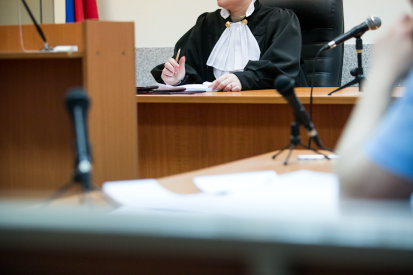The Australian Securities and Investments Commission (ASIC) has broad powers to gather information to support its work and investigations.
In addition to requiring you to provide documents or information, ASIC can require you to attend an examination to answer questions.
ASIC’s powers to require your attendance at an examination
If ASIC believes you can provide information relevant to an investigation it is conducting (relating to a suspected contravention of the law) it has the power to require you to attend an examination and answer questions under oath.
ASIC will issue you with a written notice outlining the general nature of the matter and time and place for the examination. It is not required to specify which questions will be asked.
The notice must be served within a reasonable time before the appearance date to give you an opportunity to seek legal advice.
Your rights and responsibilities
The notice requiring attendance at an examination also sets out information about your rights and responsibilities, including:
- That the examination will take place in private.
- That you may be represented by a lawyer.
- That a record of the examination will be made if you request it.
- A right to refuse to answer questions on the basis that the answer would disclose information that is covered by a valid claim of legal professional privilege.
- A requirement that you answer the questions put to you, irrespective of whether the answer may tend to incriminate you or make you liable to a penalty.
If an answer you give may incriminate you, you may make a claim for privilege so that this information cannot be used in criminal proceedings against you.
Are ASIC examinations confidential?
An examination is strictly confidential, and you may not discuss it with anyone other than your lawyer while ASIC’s investigation is still underway.
If the investigation doesn’t lead to litigation, you will generally be released from your obligation of confidentiality.
Conclusion
ASIC has the power to compel you to attend an examination to answer questions under oath, if they believe you have information that can help with their investigation of a contravention of the law.
In this situation you should seek legal advice to ensure that your rights are upheld, including ensuring that any information provided cannot be used in criminal proceedings against you.



